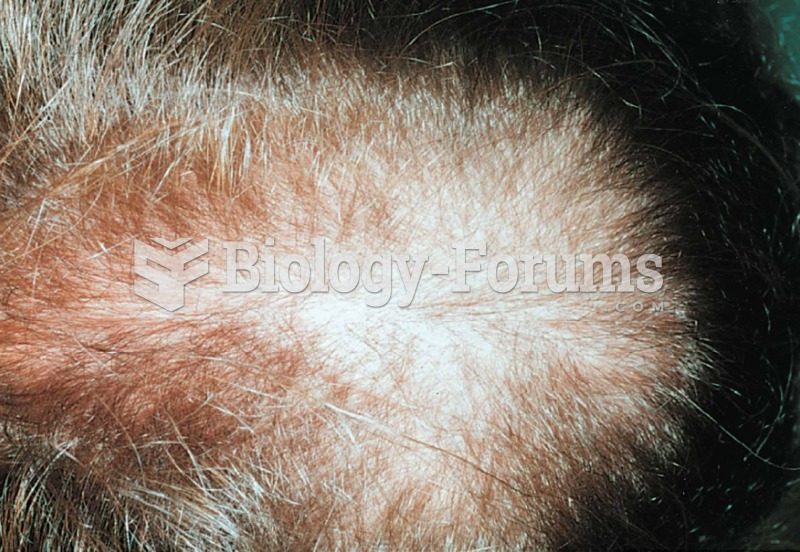|
|
|
Malaria mortality rates are falling. Increased malaria prevention and control measures have greatly improved these rates. Since 2000, malaria mortality rates have fallen globally by 60% among all age groups, and by 65% among children under age 5.
Acute bronchitis is an inflammation of the breathing tubes (bronchi), which causes increased mucus production and other changes. It is usually caused by bacteria or viruses, can be serious in people who have pulmonary or cardiac diseases, and can lead to pneumonia.
Acetaminophen (Tylenol) in overdose can seriously damage the liver. It should never be taken by people who use alcohol heavily; it can result in severe liver damage and even a condition requiring a liver transplant.
The familiar sounds of your heart are made by the heart's valves as they open and close.
Anesthesia awareness is a potentially disturbing adverse effect wherein patients who have been paralyzed with muscle relaxants may awaken. They may be aware of their surroundings but unable to communicate or move. Neurologic monitoring equipment that helps to more closely check the patient's anesthesia stages is now available to avoid the occurrence of anesthesia awareness.
 Male coho salmon exhibit two alternative life history strategies. “Jackâ€ÂÂ
Male coho salmon exhibit two alternative life history strategies. “Jackâ€ÂÂ
 The underside of a male (top) and a female (bottom) individual of Pachygrapsus marmoratus, showing t
The underside of a male (top) and a female (bottom) individual of Pachygrapsus marmoratus, showing t





